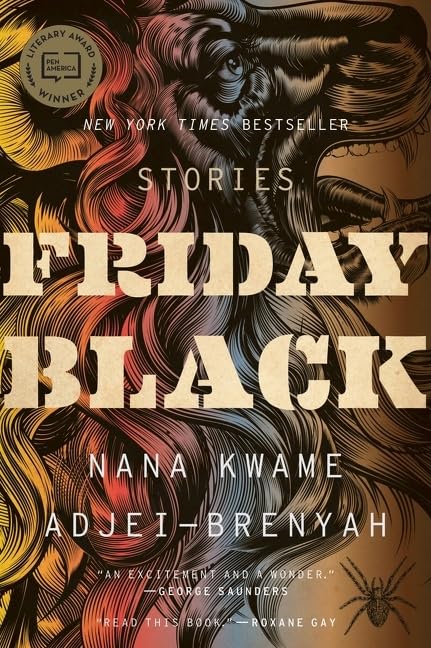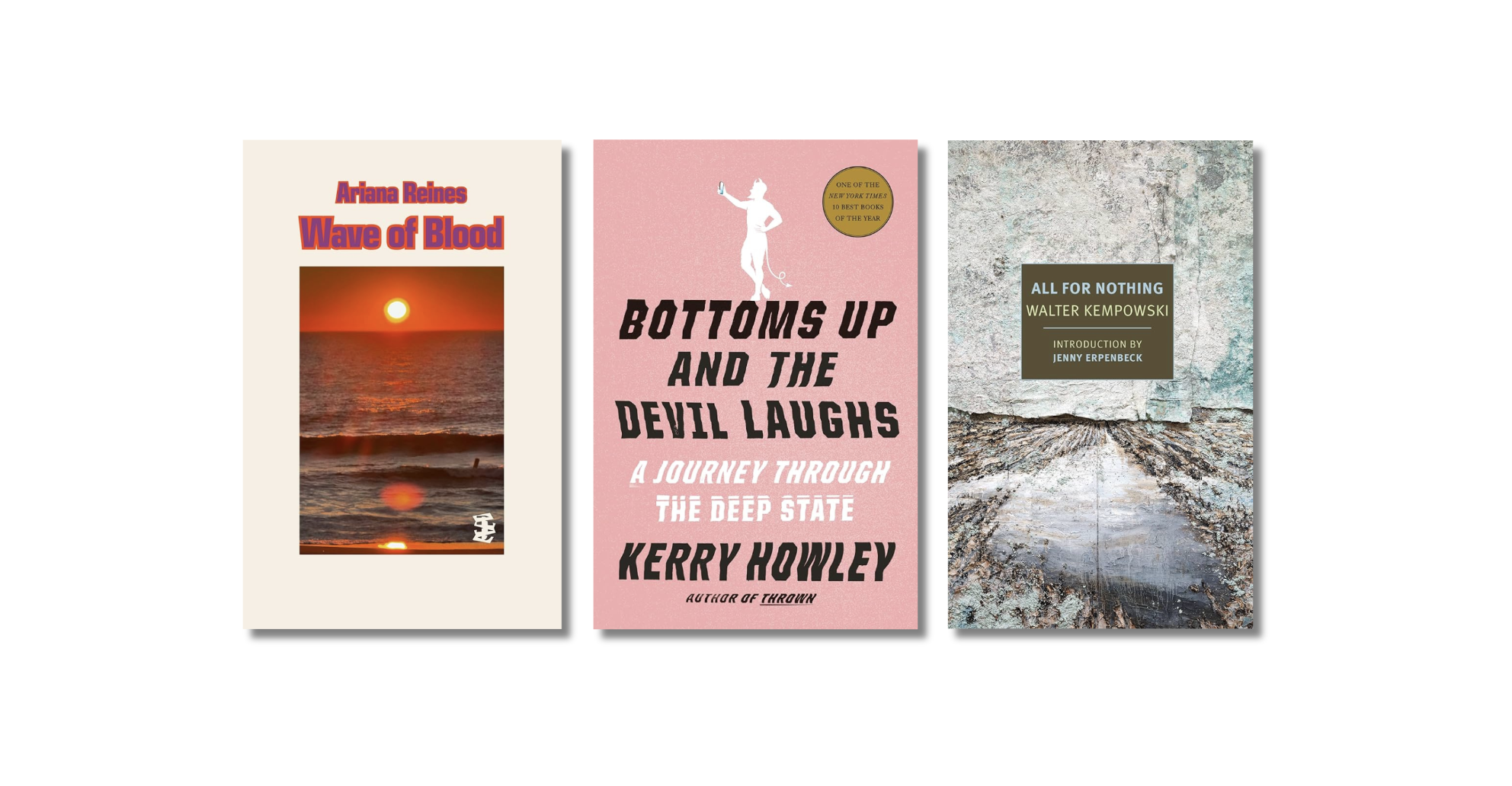This year for me seemed sure to be defined by the publication, in May, of my first book, which disrupted absolutely everything around it, like a bowling ball dropped onto a spring mattress in one of those 1990s commercials. In this metaphor, the mattress is my life. The bowling ball is a bowling ball. It crashed down. I quit my day job; I lost my mind; I obsessed for months over how to most effectively present as an author; I changed writing and eating and travel habits; I met a thousand people I’d never met before. Reading, too, was altered.
Going on tour gave me hours in transit to spend with books. On airplanes, I read Friday Black by Nana Kwame Adjei-Brenyah, which was laser-focused, jaw-dropping, exquisite, and Normal People by Sally Rooney, which was so sexy and engaging I wanted to scream. 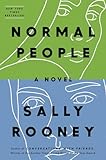






 (Reading Conversations with Friends at home afterward, I felt the exact same way.) On trains, I read The Affairs of the Falcóns, Melissa Rivero’s claustrophobic, pitch-perfect debut novel, and Say Nothing: A True Story of Murder and Memory in Northern Ireland, Patrick Radden Keefe’s deep dive into the IRA. I read The Bear and the Nightingale by Katherine Arden in a hotel room and then had strange, vivid dreams about magicians all night. I finished Women Talking by Miriam Toews on the subway and wept so hard that my face lotion ran into my eyes and made them burn.
(Reading Conversations with Friends at home afterward, I felt the exact same way.) On trains, I read The Affairs of the Falcóns, Melissa Rivero’s claustrophobic, pitch-perfect debut novel, and Say Nothing: A True Story of Murder and Memory in Northern Ireland, Patrick Radden Keefe’s deep dive into the IRA. I read The Bear and the Nightingale by Katherine Arden in a hotel room and then had strange, vivid dreams about magicians all night. I finished Women Talking by Miriam Toews on the subway and wept so hard that my face lotion ran into my eyes and made them burn.

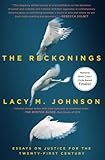

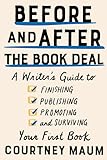

 I read books to review and books to blurb. I read books I’d avoided while writing my debut (Reservoir 13 by Jon McGregor, which turned out wider, wilder, and more experimental than I’d dreamed) and books I hope might inform future work (The Reckonings by Lacy M. Johnson, Just Mercy by Bryan Stevenson, Fates and Furies by Lauren Groff, Heavy: An American Memoir by Kiese Laymon). I even read a book about books: Before and After the Book Deal by Courtney Maum, which was the invaluable publishing guide I wish I’d had in 2018 or in 2017, or had been issued to me in the hospital when I was born.
I read books to review and books to blurb. I read books I’d avoided while writing my debut (Reservoir 13 by Jon McGregor, which turned out wider, wilder, and more experimental than I’d dreamed) and books I hope might inform future work (The Reckonings by Lacy M. Johnson, Just Mercy by Bryan Stevenson, Fates and Furies by Lauren Groff, Heavy: An American Memoir by Kiese Laymon). I even read a book about books: Before and After the Book Deal by Courtney Maum, which was the invaluable publishing guide I wish I’d had in 2018 or in 2017, or had been issued to me in the hospital when I was born.
In the midst of real-life challenges—political horrors, personal reckonings—books gave solace. They contained and named our daily pains; they showed how hard it can be to be alive, and how beautiful, too, how precious, how strange. Nicole Chung’s memoir, All You Can Ever Know, shared the most tender and aching truths about family. Sarah DeLappe’s play, The Wolves, captured the raw, vicious experience of girlhood and of growing up. Ottessa Moshfegh’s novel Eileen, with its vomiting, shitting, and completely captivating narrator, exposed the brutality of the body. Ling Ma’s novel, Severance, shed new light on late capitalism. Two romance series I gobbled up this year, Alyssa Cole’s Reluctant Royals and Melonie Johnson‘s Sometimes in Love, advanced visions of a better, fairer, and sexier world, where everyone might find their happily ever after.
Finally, I read Emily Oster’s Expecting Better and Cribsheet, because I got pregnant in 2019. The year then redefined itself, making a fetus, a heartbeat, and folic acid supplements the most disruptive things in my life by far. A first baby—nothing to stress or obsess about there, right? No bowling-ball-like upheaval? And I can anticipate that 2020, with an infant, will offer plenty of time for more reading? How wonderful.
More from A Year in Reading 2019
Don’t miss: A Year in Reading 2018, 2017, 2016, 2015, 2014, 2013, 2012, 2011, 2010, 2009, 2008, 2007, 2006, 2005
